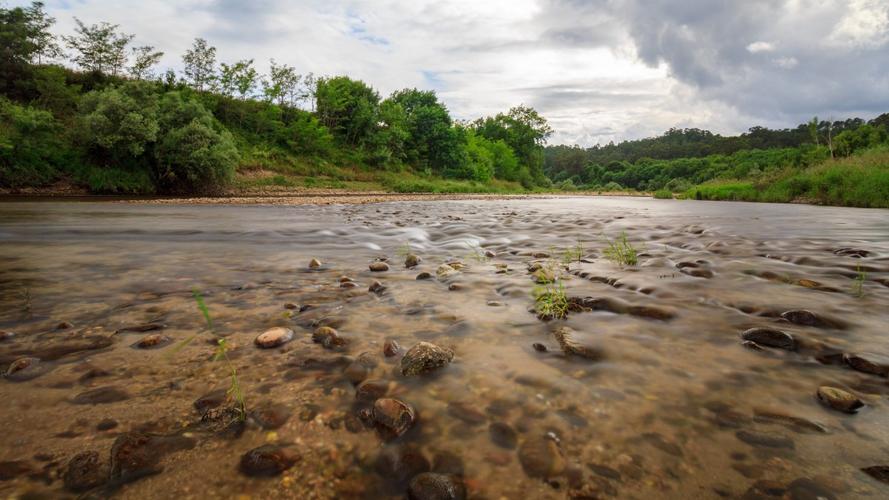When it comes to customs and traditions surrounding funerals, each culture has its unique way of saying goodbye to their loved ones. These customs have been an integral part of human history, providing people with a means to honor their deceased and express their grief.
One of the most common funeral customs across the world is the act of burying the dead. This custom stems from the belief that the body should be returned to the earth to complete the cycle of life. In some cultures, the dead are buried in a casket while in others, they are wrapped in a shroud and laid to rest in the ground.
In Hindu and Buddhist cultures, cremation is the preferred method of dealing with the dead. This is because they believe that the soul continues to journey after death, and cremation helps the soul reach its next stage of existence. In other cultures, such as the Zoroastrians in India, the dead are laid out on a raised platform where they are consumed by scavenger birds – an act believed to be a form of purification.
In Mexico and other Latin American countries, the Day of the Dead is celebrated with unique customs such as building altars to commemorate the deceased. They also prepare food offerings, decorate the gravesites and hold festivals in honor of their loved ones who have passed away.
In some cultures, funeral ceremonies are elaborate and can last several days, while in others, they are relatively simple and focus solely on the act of burying or cremating the deceased. By understanding the funeral customs of different cultures, we can develop an appreciation for the rich tapestry of human history and experience.
In conclusion, funeral customs around the world are incredibly diverse, reflecting a range of beliefs, traditions, and cultural practices. Whether it involves burying the dead, cremation, or elaborate ceremonies, these customs provide people with a way to express their love for the departed and honor their memories.
(Note: Do you have knowledge or insights to share? Unlock new opportunities and expand your reach by joining our authors team. Click Registration to join us and share your expertise with our readers.)
Speech tips:
Please note that any statements involving politics will not be approved.
